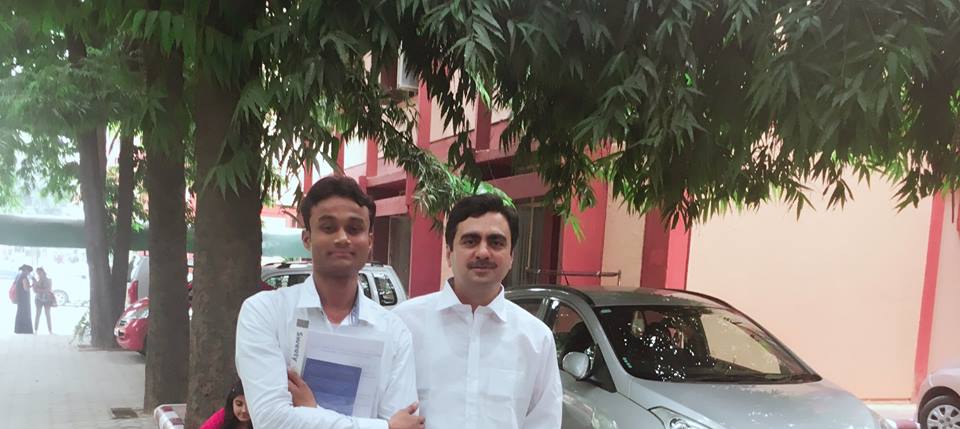An Inspirational talks done by Dr. Ajay Gudavarthy, On Oct. 06, 2016 at
Prof/Dr. Ajay Gudavarthy, is a great political scientist/thinker/intellectual tycoon. As you know that, Gudavarthy, wrotes a huge number of Books. i.e., Re – Framing Democracy and Agency in India. Edited- Reframing Democracy and Agency: Interrogating Political Society (Anthem Press, London, 2012), Politics of Post-Civil Society: Contemporary History of Political Movements in India (Sage, Delhi, 2013), Maoism, Democracy and Globalisation: Cross-currents in Indian Politics, Cultural Politics of Modern India etc. Also, Contributes own contemporary texts and knowledge on recent issues to the EPW, News Dailies including, The Hindu, Indian Express, Deccan Herald and IASmind etc.
Read Also, PROF. ASHIS NANDY ON DR. AJAY GUDAVARTHY’S BOOK, REVOLUTIONARY VIOLENCE VERSUS DEMOCRACY
An Associate Professor at the Centre for Political Studies, Jawaharlal Nehru University, Gudavarthy sets the tone for the book in the introductory essay outlining arguments in favour of, as also critical of Maoist violence, Added, The Hindu…
Read Also, Narratives on Contemporary India, “Constitutional Morality and Revolutionary Praxis”
International Conference (17-18 NOVEMBER, 2016), Organized by Ajay Gudavarthy, Center for Political Studies, Jawaharlal Nehru University.
May Watch, DEMOCRACY AND SECULAR SECTARIANISM: Inaugural Comments by Prof. Ajay Gudavarthy and David Pan
Prof. Ajay Gudavarthy, Done the Inaugural Comments about above and also talks about the changing nature of Indian Politics. As a Post-Congress system with cold type of internal alliances between social groups cracking up and that new type of social groups emerging. Perhaps, Secularism as an idea does not merely refer to separation between religion, state and politics. Moreover, as a philosophical proposition secularism also would mean an ability to trust and solidarity with unlikely social groups essentially with strangers and in that scene Ajay Gudavarthy believe that its the opposite of Xenophobia (phobia of the strangers). In Short, In the Indian context secularism has not excluded sectarianism.
The International conference will focus on new forms of sectarianism that have emerged as part of democratic and progressive politics in India, but also including coverage of related experiences in other countries. David Pan (http://www.telosinstitute.net/), Telos-Paul Piccone Institute, More focus around principle of monarchy, notion of common good, nature of state (Hobbes), security, morality of etics, freedom, national interest etc.
